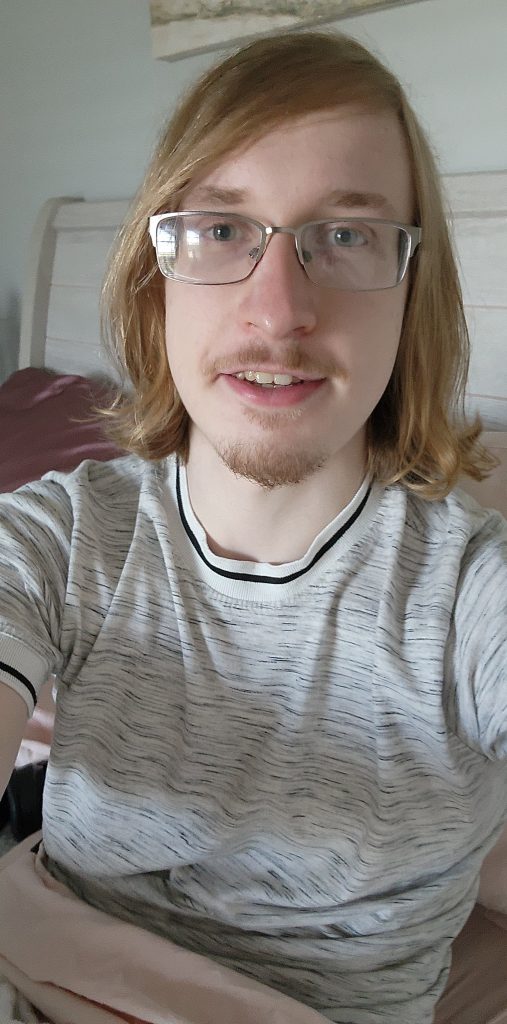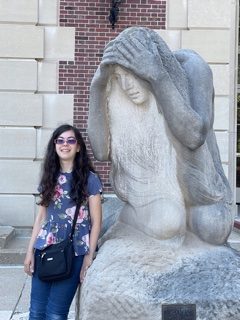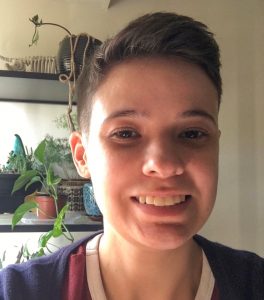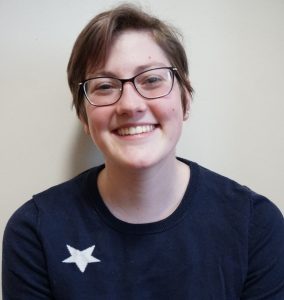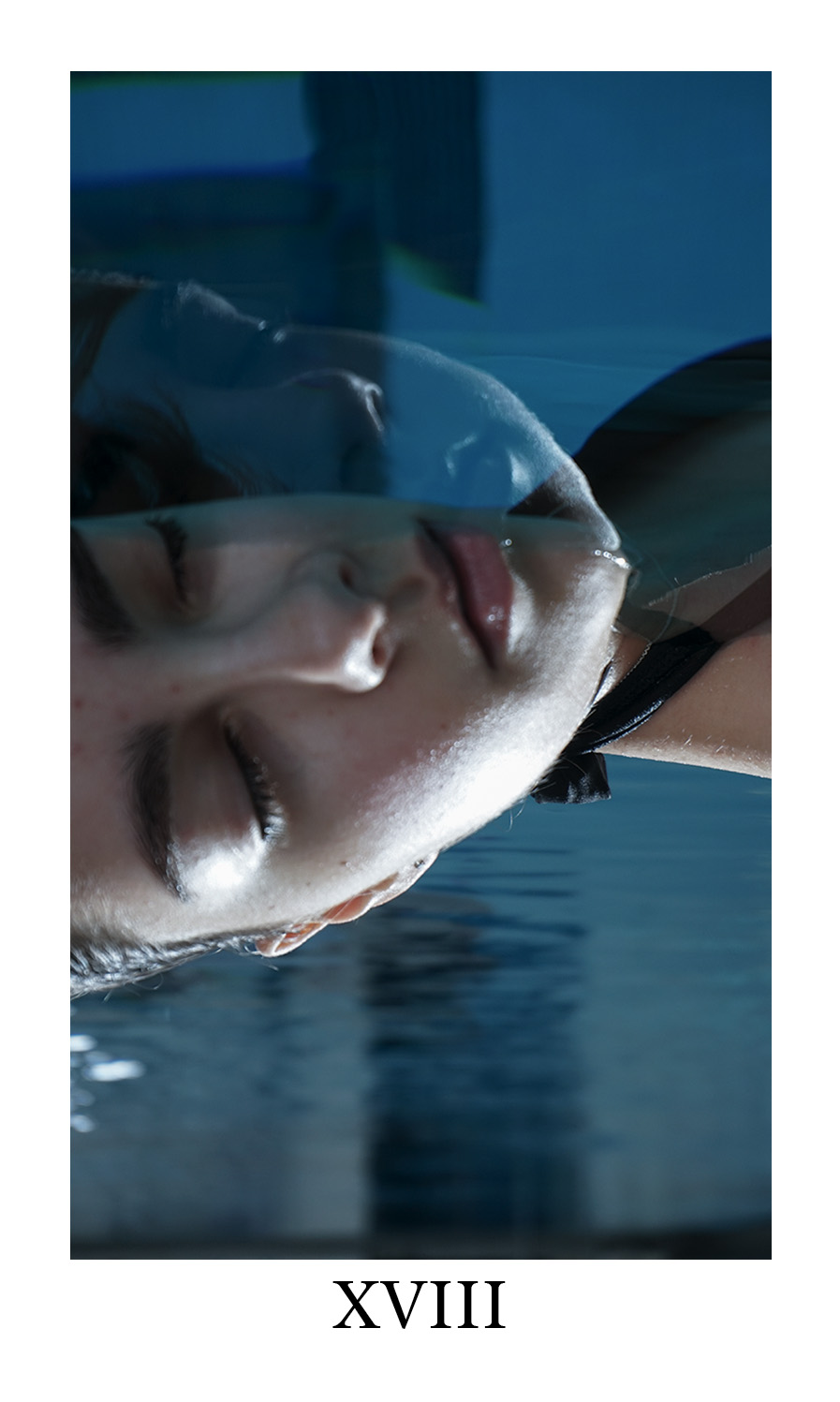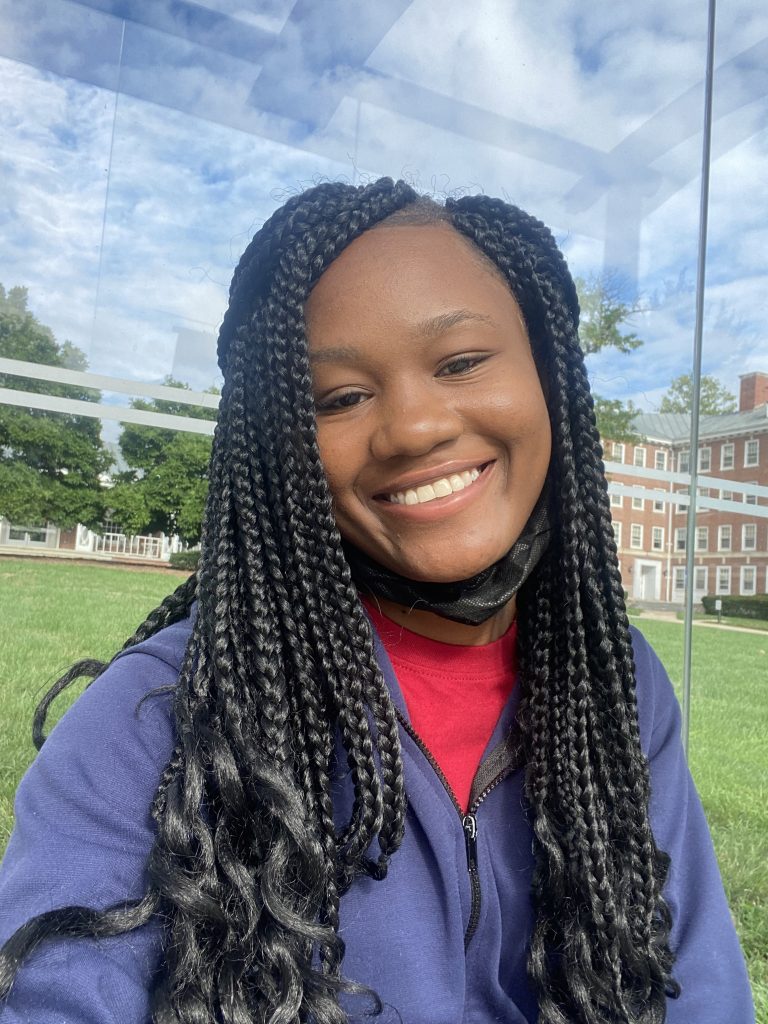
What is your educational and/or professional background?
My undergraduate degree was in Library and Information Science at the University of Ilorin in Nigeria, West Africa. In my prior experience, I worked in a research library where I was able to help researchers and students get access to the right information, I absolutely loved doing this and then I went on to work for Scholars Academy where I gathered some data analytics experience and helped students and researchers with data related questions.
What led you to your field?
One key factor that influenced my choice of this field is my ardent love for helping people. Connecting people to the information they are looking for has always been something I enjoyed. Then I realized the philosophies that libraries represent for the people in their communities and how they influence the success of people, which can, in turn, birth a strong nation; all of these are what drove me to the field.
What are your research interests?
While I have a broad interest, I am particularly interested in information organization and management, digital libraries, data, and learning analytics.
What is your specialty within the Scholarly Commons?
I will be focusing on the data side of things at the Scholarly Commons such as data analysis and data visualization.
Describe a favorite project you’ve worked on.
This is a hard one because I have enjoyed all the projects I have worked on, particularly the one where I created a small database for a particular library collection. The library had a handwritten manual inventory book used to locate items. To save the amount of time in locating items; I designed a simple inventory database to make access to information faster and easier.
What Scholarly Commons resource are you most excited to learn about?
I am really looking forward to learning about room 308 studio booths, I have always loved music and so maybe I will get to record my imaginary music album in it – haha!
What do you hope to do after graduation?
While I am still undecided on what I would like to do after graduation, I am really interested in data librarianship and working in the academic sphere.


